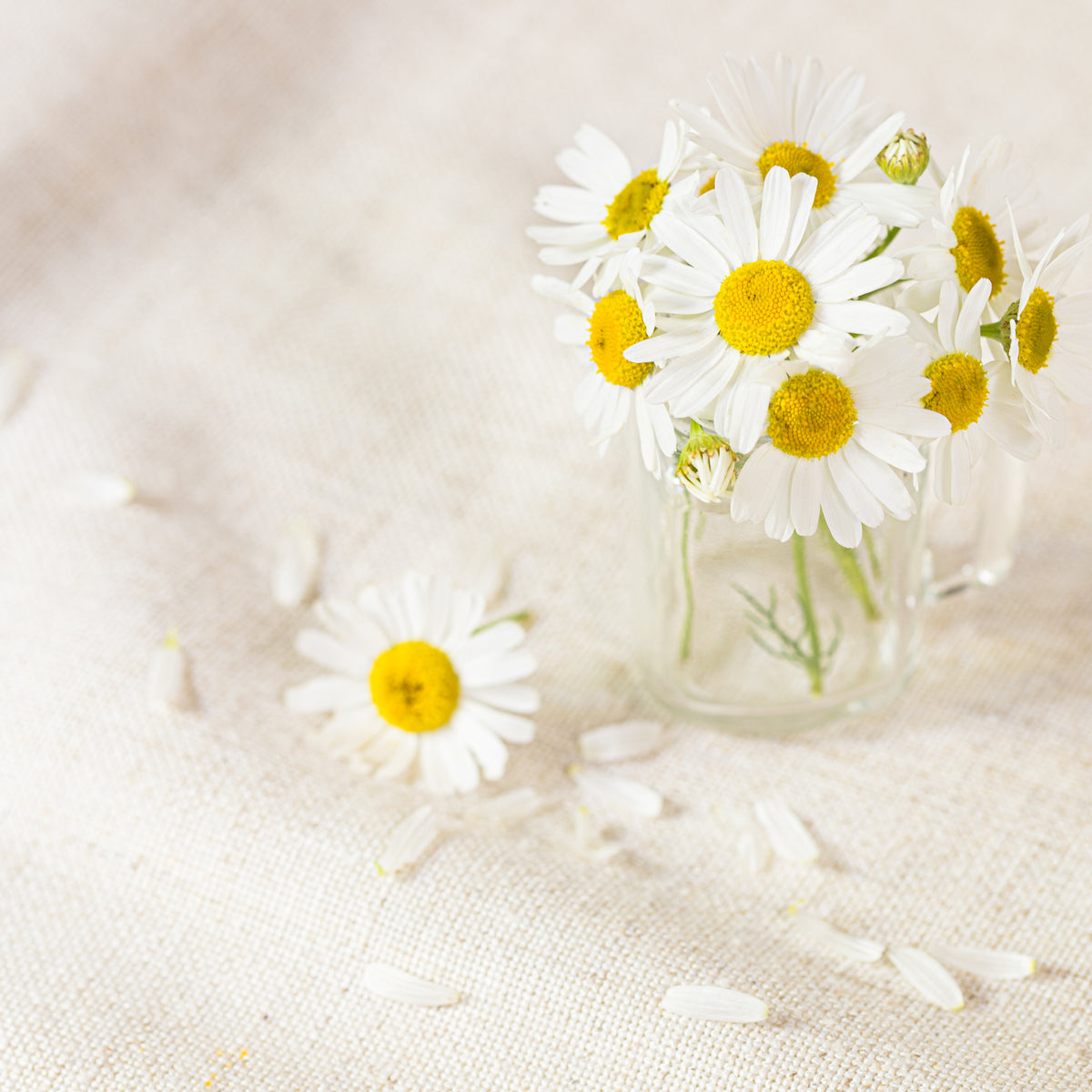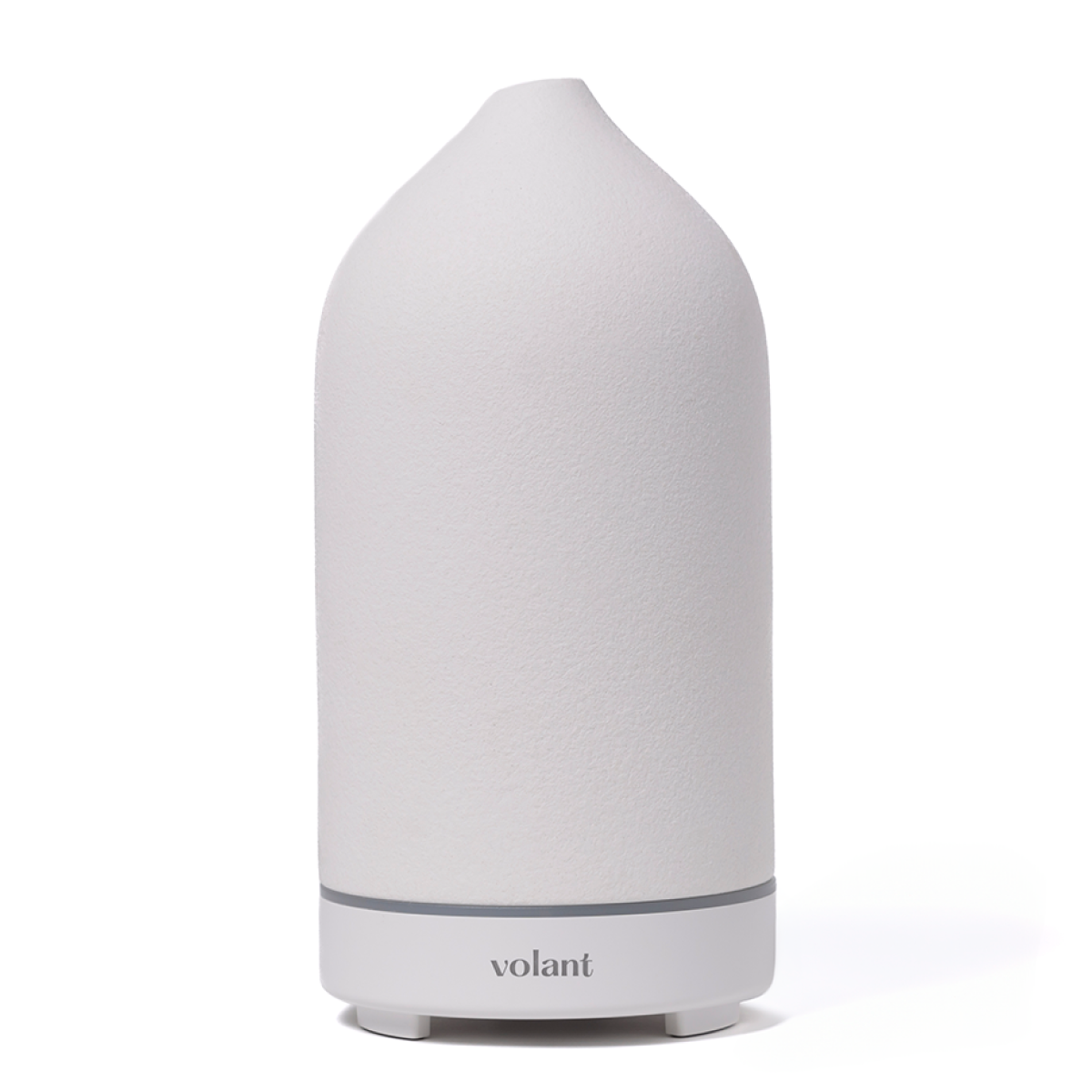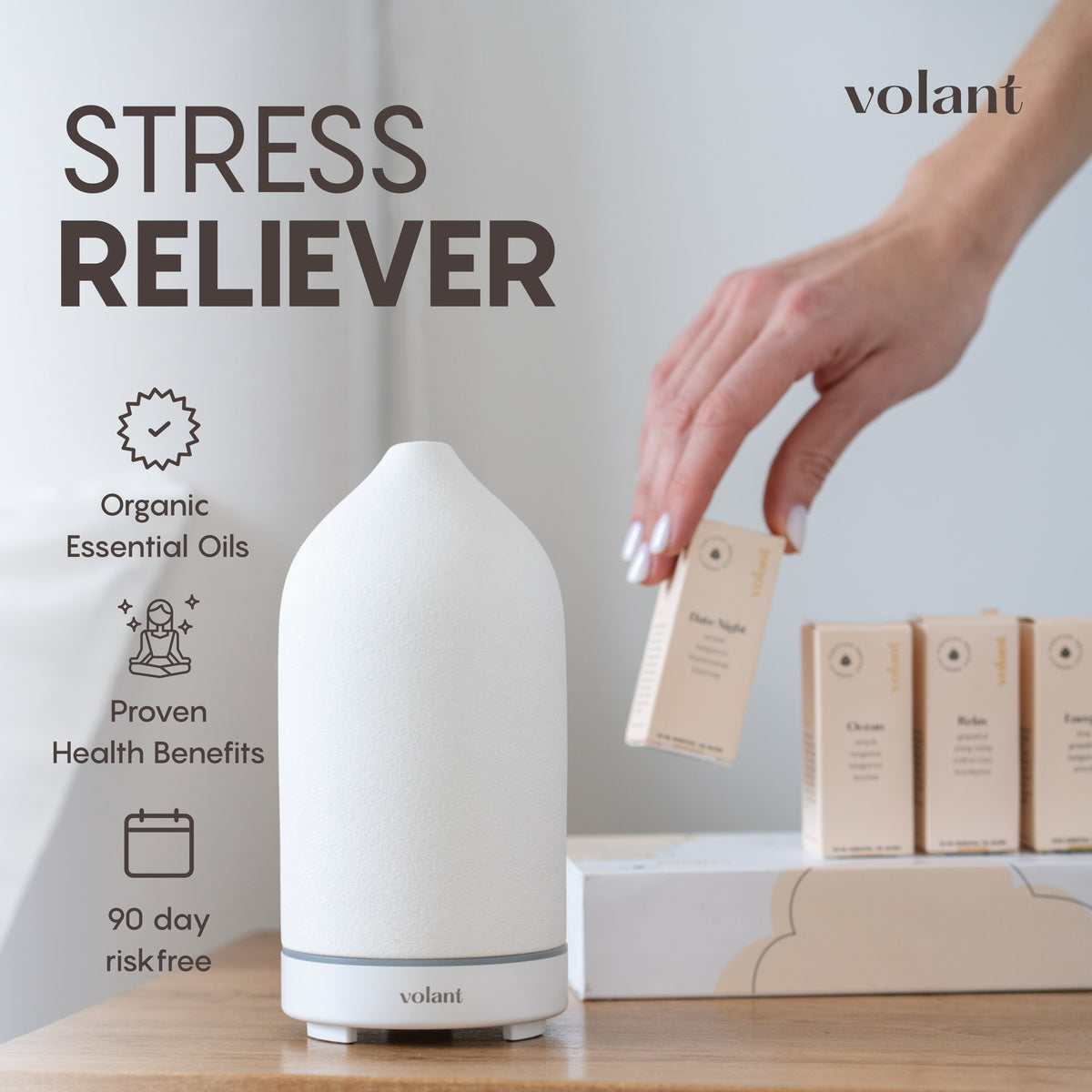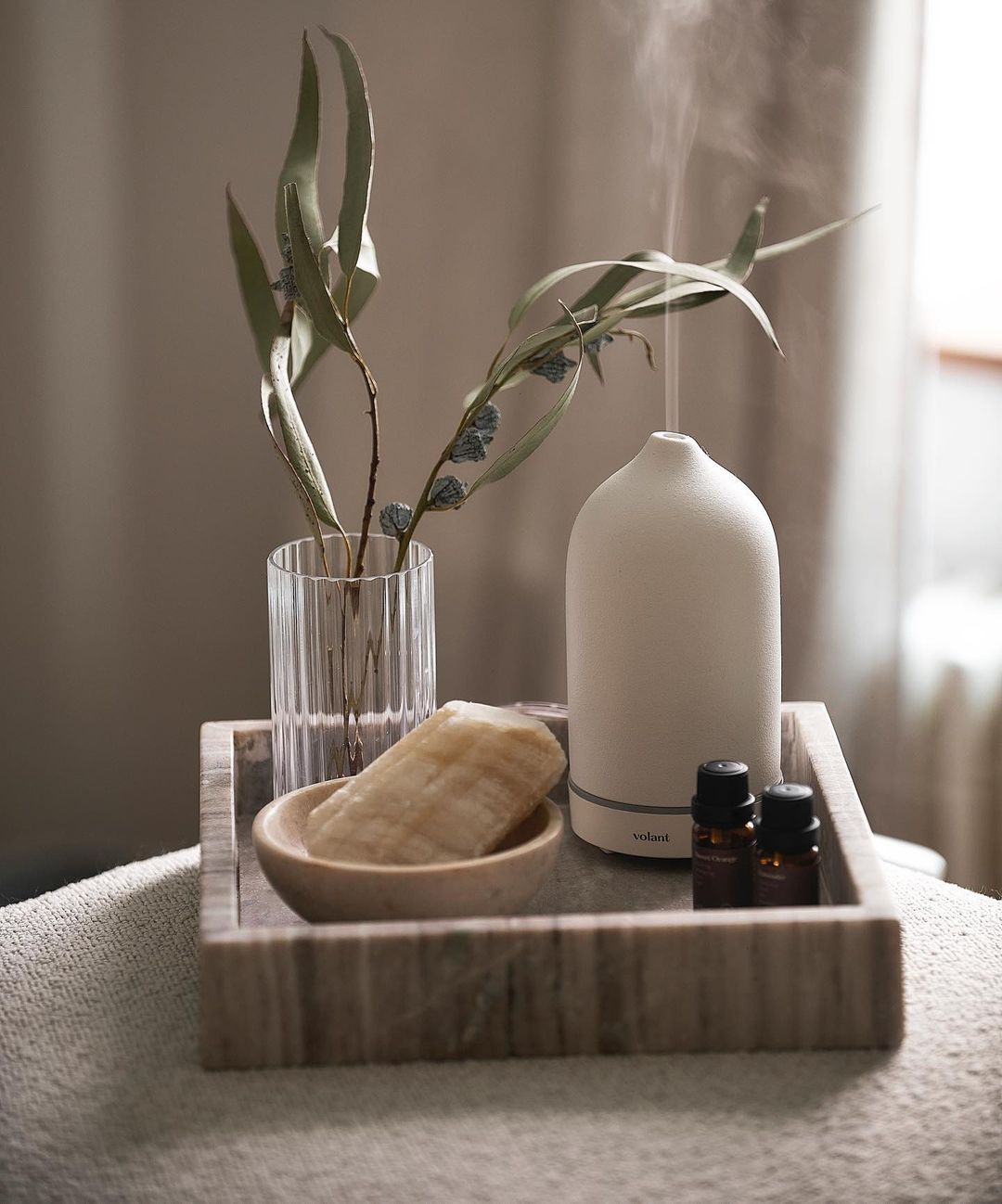What do you notice here?
The terminology makes social media sound like a drug.
Here’s the kicker: it is. A completely legal, instant-access drug every teen can access 24/7.
It’s no wonder that social media addiction is a very real problem, and that social media anxiety and depression are common issues in teenagers worldwide.
The solution?
Not that simple. Social media is everywhere, and it’s not realistic to cut it out completely. What teens need are coping mechanisms to deal with the negative effects - and a helping hand from nature.
Read on to find out more about why social media can cause teens trouble and about science-backed solutions that have helped many cope with the feelings of anxiety and depression that platforms like TikTok, Facebook, Tumblr, Snapchat and Instagram can cause.
Staggering statistics about social media addiction

Research shows that in the year 2005, only around 5% of US citizens used social media platforms. By 2021, that figure had risen to 72% of Americans, with further estimates showing that over 4.8 billion people around the world use social media on a daily basis. According to Oberlo, this number is expected to grow to 6 billion by 2027!
While social media has proven to be a great tool for enabling global connections between users, it also comes with risks, including addiction and the development of stress, anxiety and depression. This trend is particularly pronounced among teens, who are the age group that’s most prone to social media addiction.
Does social media cause anxiety? And does social media cause depression in teens? Statistics show a clear link between social media and anxiety. Social media addiction statistics show that an estimated 210 million people (and counting) worldwide who suffer from social media addiction, and science has shown that the overuse of social media channels in teenagers and children can actually ‘rewire’ their brains.
Moreover, around 42% of teenagers have reported that social media actually prevents them from connecting with their friends and loved ones in person, which can lead to social isolation, loneliness, anxiety and depression as a result.
One survey suggests that 70% of teens feel left out or excluded due to social media, and other research shows that suicide rates among teenagers have increased sharply as social media has become more widely used in this age group. Using effective methods to limit the anxiety caused by social media usage is vital in limiting and reversing these concerning trends.
But not everyone wants to resort to chemically laden antidepressants and anxiety medication. This is where natural alternatives like essential oils, meditation, healthy routines and boundaries can make a huge difference.
However, it is important to note that some conditions do require medical help, so always chat with a medical professional if you’re feeling depressed or anxious - or both.
How meditation can reduce anxiety

A consistent meditation practice can produce long-lasting states of relaxation and create a tranquil frame of mind that lasts long after the session itself is over. When you meditate, you’ll focus your attention on the present moment, working to stop the ‘monkey mind’ or jumbled thoughts from crowding your brain and stressing you out.
Studies have shown that regular practice frequently results in a boost in emotional and physical well-being alike.
The antistress effects of healthy routines

Instituting a reliable routine may help reduce stress overall, thus leading to a more beneficial mental state as you take advantage of extra relaxation time and lower anxiety levels.
A strict bedtime will eventually see teens' quality of sleep improve. This, in turn, will help increase their mental sharpness along with their emotional well-being and energy levels.
Committing to a healthier eating schedule will cut down on time and money wasted doing last-minute shopping for fast food. It will also assist teens by maximising the help that the proper nutrients and vitamins can offer them when studying at home or at school, all of which work to lower anxiety.
A regular exercise routine will keep extra weight off and optimise energy levels, allowing for extended brain activity when required as well as improved sleep and focus. Much research has shown that routines are beneficial for people of any age.
Why boundaries matter

Research supports the notion that there is a huge correlation between depression, anxiety and burnout, and boundaries can help protect us from their causes.
Boundaries are what protect us from being negatively affected by others and reduce the chance of our unfavourable impact on them. Physical boundaries shield us from unwanted physical contact, setting emotional limits lessens our chances of being sapped by the energy and feelings of our counterparts, and mental boundaries defend us from being hurt by others’ ideas, judgements and words.
Whether these boundaries are in place for limiting screen time to the various platforms that soak up so much of teens’ time or against socialising with people exhibiting unhealthy attitudes, they need to be in place. Having healthy boundaries helps us feel in control of our lives.
The science behind essential oils for anxiety
Essential oils may be able to provide a natural and safe remedy to alleviate the symptoms of anxiety and depression that so many young people are experiencing today.
There is strong scientific research available to suggest that using essential oil for depression and anxiety can be effective, even in teenagers. The most effective essential oils according to current scientific data include lavender, sweet basil, chamomile, vetiver and clary sage oils.
Lavender lowers anxiety levels

A 2019 review published in Phytomedicine evaluated a total of 71 studies and found that inhaling lavender essential oil significantly reduced anxiety levels measured using a clinical scale. Massage with lavender oil was also found to minimise feelings of anxiety.
Sweet basil offers sweet relief

Sweet basil essential oil has also been found to exert sedative effects. An animal study from 2015 found that phenol compounds in basil oil helped to relieve anxiety in mice, while also exerting a sedative effect milder than that of the popular anxiety medication diazepam.
Chamomile calms you down

Chamomile has long been used in many forms to promote healthy sleep and relaxation. Further research in 2017 found that using chamomile essential oil for patients with generalised anxiety disorder (GAD) reduced symptoms of mild to moderate anxiety.
Vetiver is effective

A paper published in Natural Product Research noted that rats who inhaled vetiver essential oil displayed lower levels of anxiety, with researchers stating that this oil has comparable effects to those of diazepam.
Keep cortisol under control with clary sage

Another systematic review published in 2015 suggested that clary sage essential oil can help to ease stress and tension and keep cortisol levels under control. Consistently high levels of cortisol, the primary stress hormone, increases the risk of depression and anxiety for people of all ages. Interestingly, the study also noted that clary sage can help control skin sebum production and acne - two other factors aside from social media use that contribute to depression and anxiety in teens.
Essential oil blends for anxiety
When using essential oil for anxiety or depression, it’s important to remember that essential oils should always be diluted in a carrier oil or water before use.
Perform a spot test on your inner arm before using any essential oil blends on sensitive areas of skin such as the face, temples or neck. Speak to a healthcare professional if any reactions occur, or if you have any pre-existing medical conditions or take chronic medication.
Essential oil roller bottle blend recipe

Add 3 drops of lavender essential oil, 2 drops of chamomile essential oil, 2 drops of vetiver or sweet basil essential oils and 3 drops of clary sage essential oil to a clean 10 ml roller bottle. Fill the bottle with your preferred carrier oil; we recommend using fractionated coconut oil, jojoba oil, rosehip oil or grapeseed oil.
Replace the bottle cap, shake well and apply three times daily to the temples, neck, chest and wrists to assist in reducing social media anxiety. Ready-made blends like Volant’s Relax Blend are also a great option for teens and adults and can be used in a roller or a diffuser.
Essential oil massage blend for anxiety recipe

To make your own massage blend, start by adding 20-24 drops of your preferred essential oils for anxiety to a 60 ml bottle; one made of dark glass is best.
Fill the rest of the bottle with the carrier oil of your choice, replace the cap and shake well to combine. Massage into the skin as needed.
Soothe away social media depression and anxiety

There is a clear link between social media and depression in teens, and persistently high levels of anxiety in this age group can also contribute to the development of depression. Exercise, meditation and essential oils may provide a soothing, natural way to help alleviate these symptoms of anxiety caused by social media addiction. Add boundaries and healthy routines to the mix, and teens can set themselves up for success.
Don’t let a lack of likes get you down or crazy comments cause anxiety or depression. Use Volant’s 100% all-natural organic essential oils to help teens cope with social media addiction and all the negativity it brings.











